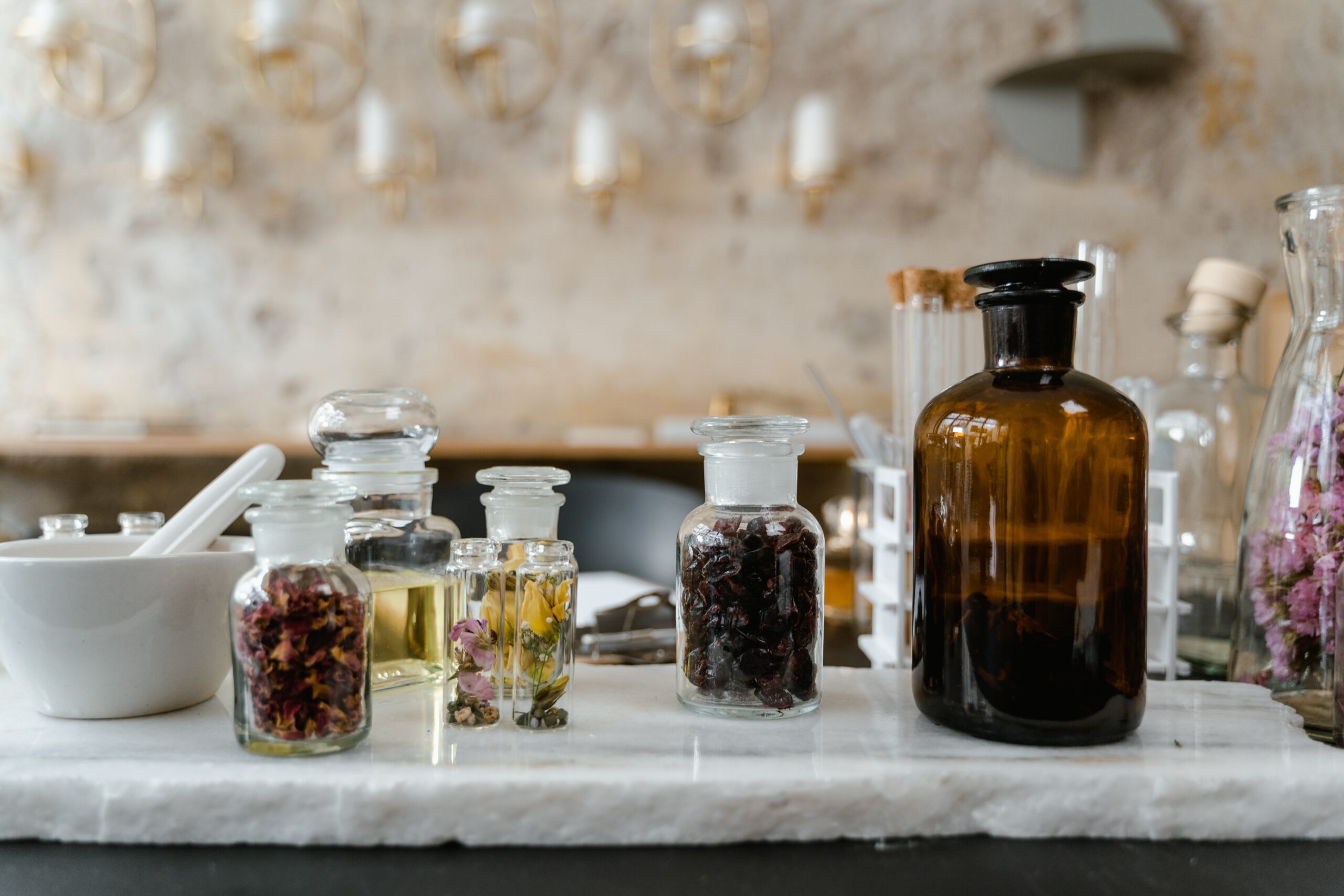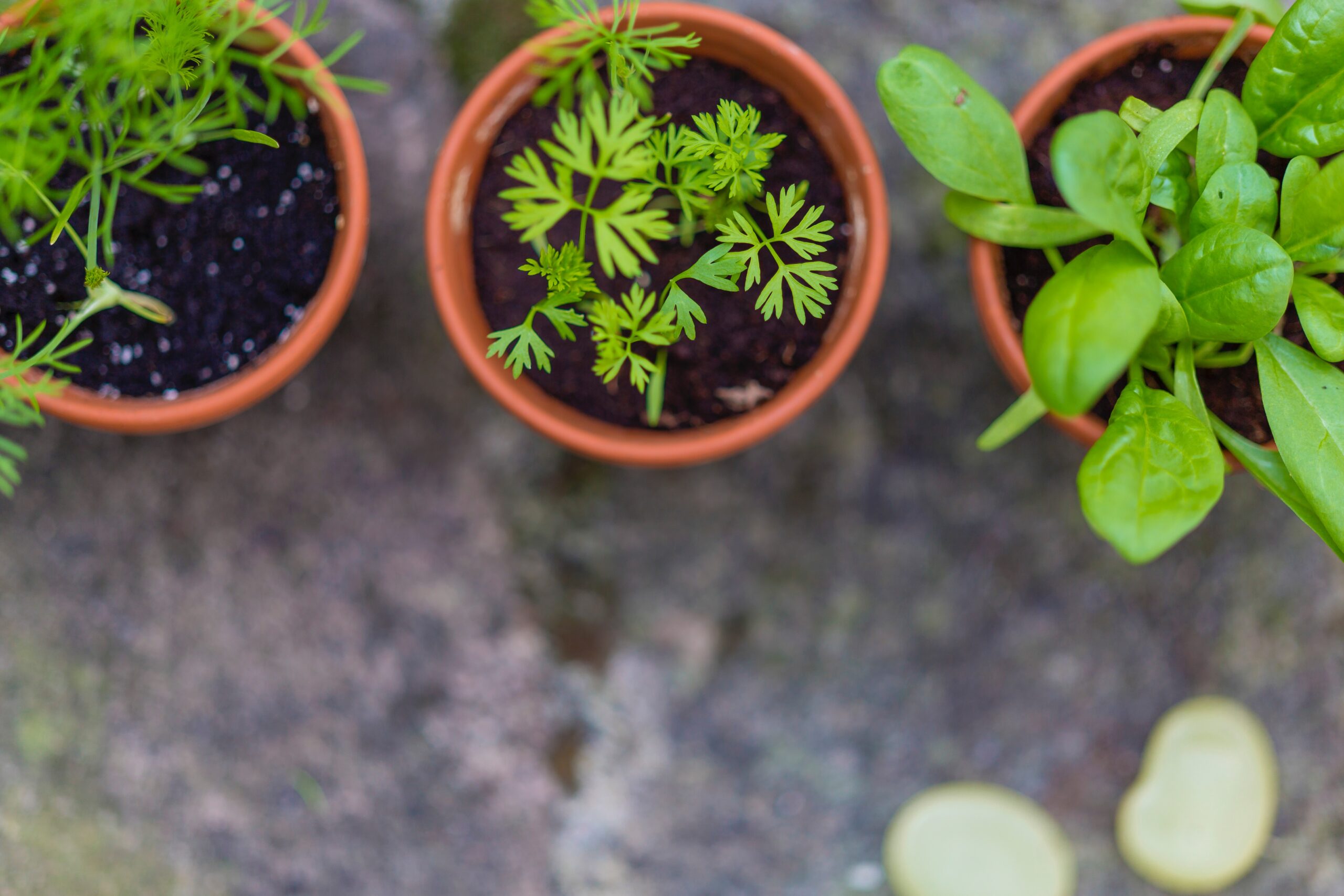
the differences between herbalism, homeopathy, and medical herbalism
with our in-house medical herbalist, Pamela Spence
Our goal with sofi talks is to examine the relationship between people and plants from a kaleidoscope of different perspectives. At sofi, we share the belief that by creating a discussion that revolves around a diversity of perspectives, and by working out the differences between them, we just might uncover some new and impactful truths. For the third of our sofi talks, we are excited to feature the opinion of three different medical herbalists, Pamela Spence, Schia Mitchell Sinclair, and Sabrina Biscardi.
Click here to watch the extended video.
Part 1/3.
*Pamela has a bachelor’s degree in herbal medicine and over 15 years of experience in clinical practice, with a background in teaching, writing, and product development.
So, the question, “what is a medical herbalist?” seems like a reasonable place to start.
Well, in different countries a herbalist can mean very different things, but we differentiate ourselves by using the term medical herbalist, and so I’m going to dive more into what exactly that represents...
For starters, the term ‘herbalist’ alone is not protected, meaning that anyone, in theory, could call themselves a herbalist.
Instead, as a way to differentiate, the medical herbalist tradition was born, which means all medical herbalists are trained at a degree level and have around the same knowledge of Western medicine as your local GP.
In the UK we are truly lucky, as we have the chance to diagnose patients, then to see them one-on-one in a clinic, and then to work with the plants, all the way from growing them, to harvesting them and eventually dispensing them out to our patients. There’s not really a precise equivalent in the states but the closest profession would be a clinical herbalist; the important thing to note here is that, regardless, we are all trained to work alongside pharmaceutical medicine, not against it.
I think it’s also important that everyone knows we are not homeopaths, as we are often mixed up. There's a great respect that I have for that system of medicine, but that’s not what we do, it’s completely different.
I would say that we are the only professionals that work with plants all the way from growing (and even wildcrafting with them), studying them in their habitat, learning their history, familiarising ourselves with the ethnobotany of the plants that we work with, and understanding that relationship: the ancient relationship between us and them.
We handle the plants all the way through to picking them, processing them, to making different preparations — whether that be tinctures, infused oils, aromatic waters, or medicinal teas.
Within the UK, we also have our own dispensaries, so we can go to the dispensers and make our own plant medicines for our patients. I believe we’re the only people who then follow the entire journey of the medicinal plants, working 1-to-1 with our patients and getting to watch how amazing those natural active compounds work within the body.
We often find that what you’d expect from the research is actually not the case when you layer different herbs together in a prescription and put them inside a body; sometimes completely different things can happen.
In reality, plants are far more complex than a single molecule in isolation that you may find in a pharmaceutical medicine. So it’s important that we are creating new ways of studying plants that actually suit the activity and molecular pathways of plants.
With that being said, we are a broad church. You may hear of little “enclaves”, if you like, practitioners within different schools of thought who may have been general medical herbalists and then have gone on to specialise. Endobiogenic medicine, for example, or maybe those who specialise in Ayurvedic or Traditional Chinese Healing.
To summarise my short little explanation, I would say that when you see the title ‘medical herbalist’, you know that we are trained to degree level and that we are (what we would term) traditional Western herbalists.

